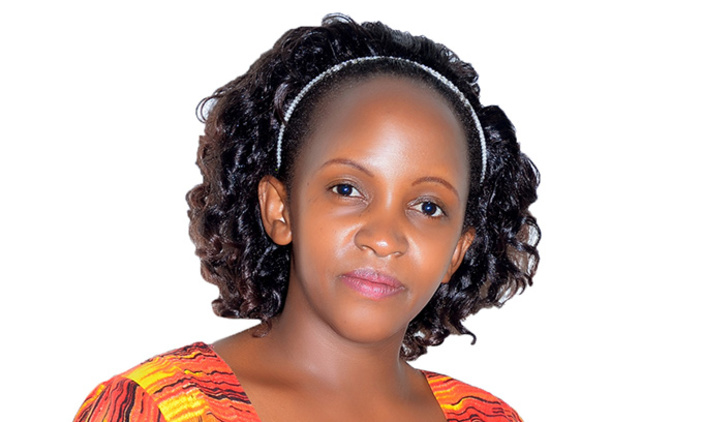
Many older persons still struggle with ailments, orphans and lack of basic resources with minimal help from the government.
As Uganda joins the rest of the world in celebrating the international day for the senior citizens, it is high time we pay attention to how we take care of the elderly among us. As the saying goes: “The test of a civilization is in the way that it cares for its helpless members” – pearl S. Buck.
Although the national housing and population census 2014 indicated that there is a slight reduction in the number of older persons nationally, generally the numbers have been increasing over the past years, both here and globally. Statistics indicate that we now live longer than in the past, which is good news. The bad news however is, that we are not necessarily living better!
In Uganda, only 7.1% of elderly people have access to social security like pension. There is substantial evidence that the quality of life of the older persons has not improved over time especially those living in the villages. Many older persons still struggle with ailments, orphans and lack of basic resources with minimal help from the government.
Tito Kagomba 100 years old , of Katugo Village in Kiboga district arrives to get his social benefits under the Social Assistance Grant for Empowerment (SAGE) , during International day of Elderly, October 1, 2017. Photo by Kennedy Oryema
Previous policies like the older person’s policy of 2009 proposed to pull older people out of poverty are yet to be realized. Many older persons are struggling to access their pension; they still face challenges cited in previous policies like HIV AIDS, disabilities, poverty and burden of orphans let behind by the youths who have succumbed to HIV, AIDS.
There are no formal care structures in Uganda and the one and only available program, the Senior citizen Grant can hardly address the real needs of this growing population. Despite the increased government good will air jordan 3 black cement 2024 towards health care in Uganda, the health budgets do not specifically spell out health-related needs for the elderly and there are no health insurance schemes for such vulnerable categories of people.
The national Household survey 2002/3 indicated that the mean distance to a hospital is 13kms and 6 kms for rural and urban populations respectively. The mean distance to clinics and dispensaries is 4kms, for rural households and between 1-3kms for urban. This situation becomes even more difficult for elderly people who have impairments and whose mobility is compromised because of old age and related complications.
As it were in the African traditional society, elderly people are still expected to be taken care of by their extended family members, who are now practically absent. Several studies have pointed out that caring and social support mechanisms for the elderly now appear to be under increasing strain in various countries in Africa including Uganda.
The growing and changing social-economic landscape makes such familial care of the elderly very difficult for all families. The increased commercialization of time has weakened the existing social values and networks that would otherwise support the elderly. Consequently, several families in Uganda are struggling to take care of their aged parents.
It is high time that we come to reality of the demographic changes, the social and economic changes in our society and think nike outlets sell jordan 1 of new practical ways best nike running shoes of taking care of our elderly parents. The government needs to prioritize the health needs of the elderly. Communities and families must commit time and resources to take care of the aged among them. Not only because they are custodians of knowledge and information as commonly NovogasShops – Air Jordan IV (4) "Freddy Krueger" Customs by Mache – JORDAN M SEAMLESS KNIT HEADBAND REVERSIBLE stated, but they are citizens of Uganda too, they have rights like anyone else, and we are all joining this group at some point.
This week as we celebrate the international day of the elderly, can we all resolve to stay faithful to this generational contract of taking care of the people that took care of us! Making concreate plans, as individuals, families and communities is critical as we lobby for improved services for the elderly in our country.

Post a comment